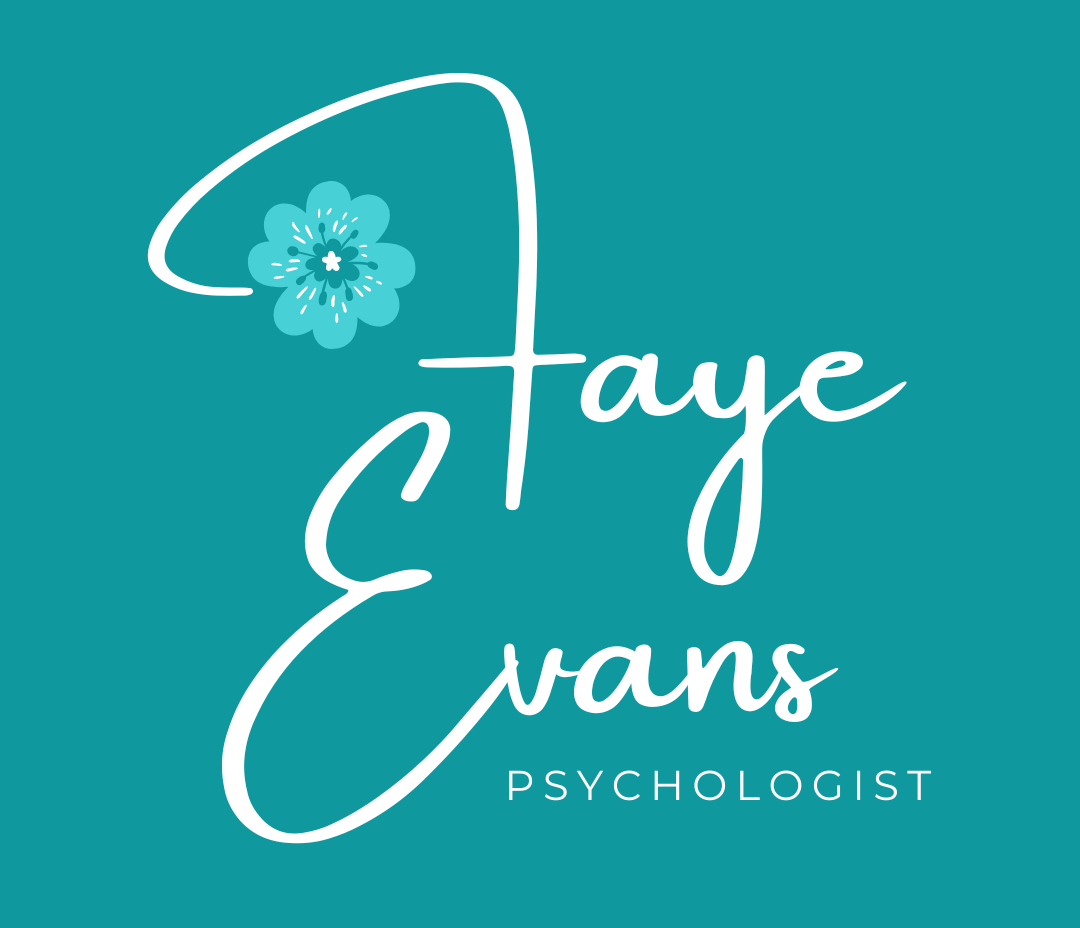There is something deeply unsettling about the small, familiar sting of guilt that often appears when we say no. It’s as if we’ve broken some invisible social contract, one that calls for constant availability, compliance, or self-sacrifice. For many people, especially those conditioned to put others’ needs before their own, saying no can feel like a moral failure.
Yet in terms of psychological health and spiritual well-being, the ability to say no clearly and without guilt is not only a sign of maturity, but also an act of self-respect and sovereignty. Learning to set boundaries isn’t just about improving relationships; it’s about reclaiming the right to live according to personal values, energy, and truth.
Boundaries are the invisible edges that define where one person ends and another begins. They protect our time, emotional bandwidth, and physical safety. From a psychological perspective, boundaries are essential for developing a secure sense of self. Without them, individuals are vulnerable to enmeshment, burnout, resentment, and identity confusion.
According to attachment theory, boundaries represent a healthy internal model, a belief that a person can express needs and limits without fearing abandonment or retaliation. This belief is often developed in early relationships, but many adults carry deep-seated fears that saying no will cause conflict, rejection, or be seen as selfish. These fears are not unfounded; they are frequently based on real experiences. However, they also signal a need for healing.
Saying no is not inherently unkind. When offered with presence and integrity, a no can be one of the most loving things we offer, to ourselves and others. This principle is deeply aligned with contemplative and spiritual traditions that value discernment, presence, and self-honesty.
In Buddhist psychology, for example, right speech and right action involve recognising one’s intentions and acting in a way that upholds both compassion and truth. Saying yes when we mean no creates an internal dissonance that may seem generous on the outside but often leads to depletion and disconnection within. Boundaries enable us to be fully present in the moments we choose to engage, rather than half-present in places we feel obliged to be.
The nervous system plays a crucial role in how we perceive boundaries. Polyvagal theory reminds us that our sense of safety is fundamental to how we connect with others. When we lack clear boundaries, we may fall into patterns of ongoing sympathetic arousal (fight or flight) or dorsal vagal shutdown (collapse and appease), especially in response to perceived relational pressures.
Over time, these patterns can lead to anxiety, depression, or somatic issues. Conversely, the ability to set a boundary with calm confidence indicates a regulated state, one where the person feels safe enough to express their needs without becoming defensive or withdrawing. Boundary-setting is not only a psychological skill; it is also a neurobiological skill that develops through co-regulation, practice, and a growing sense of internal safety.
From a trauma-informed perspective, guilt about saying no often stems from early experiences where needs were punished, dismissed, or ignored. Survivors of complex trauma, in particular, may find it difficult to distinguish between self-protection and selfishness, having been conditioned to diminish themselves to maintain attachment. For these individuals, saying no is not just a behavioural act; it is a reparative gesture. It serves as an invitation to reparent oneself, providing the inner child with what was once denied: the right to matter, to choose, and to say no without fear of repercussions. Therapists working with such clients must approach boundary-setting gently, recognising that it involves both cognitive reframing and support for the nervous system.
Spiritually, boundaries serve as containers for authenticity. They are not barriers that separate us from others, but structures that allow us to connect from a place of wholeness. When we habitually ignore our own limits to meet external demands, we abandon the very part of us that knows what is right, what is enough, and what is sacred. Saying no becomes a form of spiritual alignment, a way of honouring the inner voice that often whispers before it screams. In many ways, boundary work is soul work. It requires us to listen deeply, act deliberately, and trust that our worth does not depend on constant compliance.
Mastering the art of saying no without guilt involves unlearning the internal myths that keep us overcommitting. It means recognising that every yes has a cost in terms of what we must decline. In reality, each time we honour a no that arises from our true knowing, we make room for a more genuine yes. From that vantage point, we act not out of duty, but from alignment.
References
1.- Brown, B. (2010). The Gifts of Imperfection: Let Go of Who You Think You’re Supposed to Be and Embrace Who You Are. Hazelden Publishing.
2.- Herman, J. L. (1992). Trauma and Recovery: The Aftermath of Violence—from Domestic Abuse to Political Terror. Basic Books.
3.- Linehan, M. M. (1993). Cognitive-Behavioural Treatment of Borderline Personality Disorder. Guilford Press.
4.- Neff, K. D., & Germer, C. K. (2013). A Pilot Study and Randomized Controlled Trial of the Mindful Self‐Compassion Program. Journal of Clinical Psychology, 69(1), 28–44.
5.- Porges, S. W. (2011). The Polyvagal Theory: Neurophysiological Foundations of Emotions, Attachment, Communication, and Self-regulation. W.W. Norton & Company.

